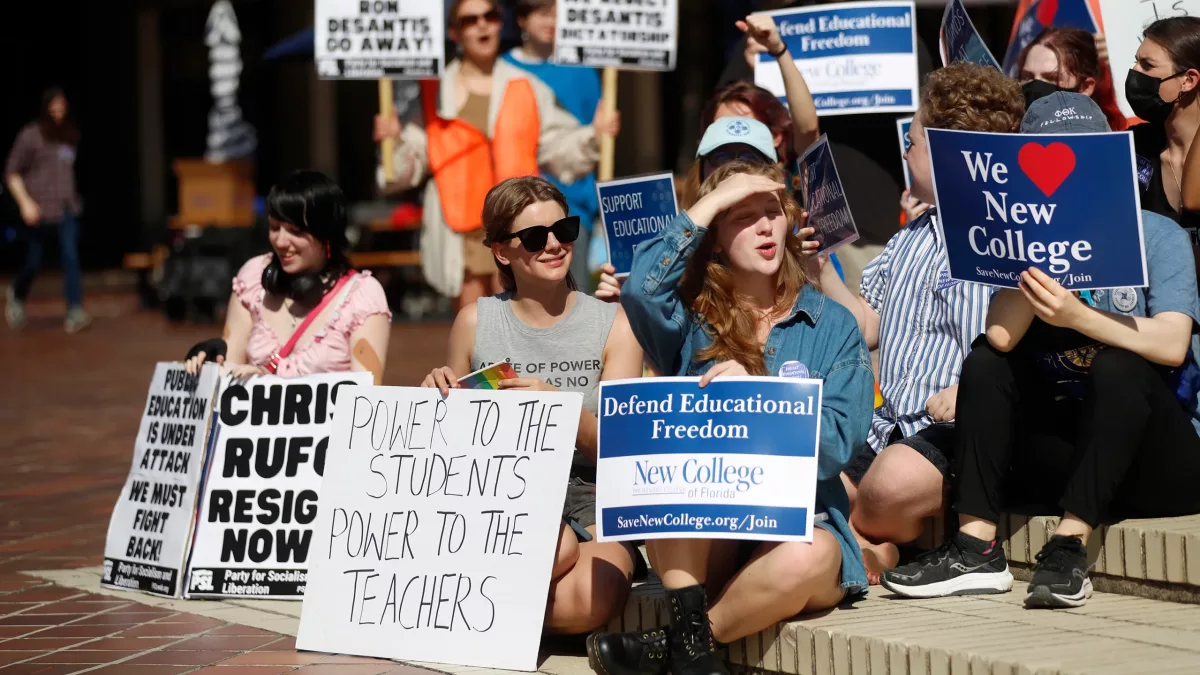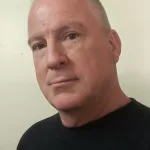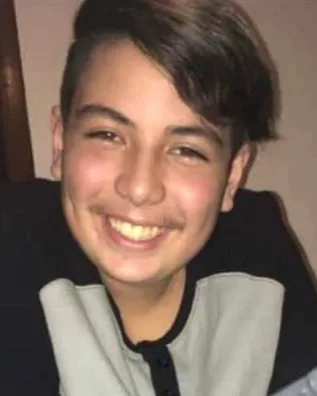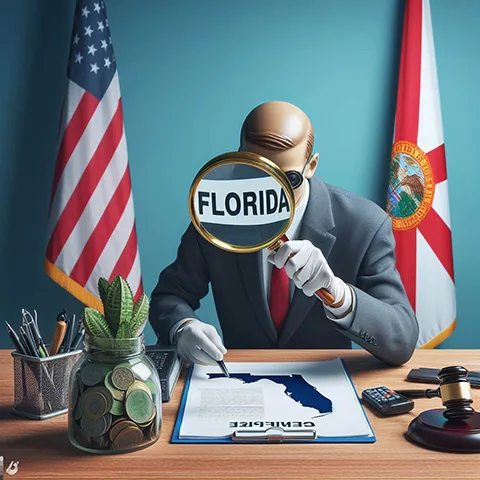In Kansas, the pundits who watch such things are wringing their hands over the State Board of Regents’ annual enrollment data report that shows fewer students are attending the state’s colleges and universities. While it may be bad news for those university bank accounts, it may also show how society and the economy work to find equilibrium when things are, heretofore, out of whack.
Total student enrollment at Kansas four-year universities dropped by 6% over the last 10 years according to the report released last week. If you add in community college enrollment declines, that number jumps to a 16% drop over the decade. Community colleges overall saw the worst numbers in 2023 with a drop of 30% compared to decade ago figures. The shift appears to be moving toward technical schools in Kansas, which saw a 53% enrollment increase over the decade.
Those tech school figures provide clues that 1) traditional college costs are too high and 2) that taking classes which teach a skill that can pay the bills is more practical than taking classes in lesbian interpretive dance theory.

As university curriculums have sought to be more things to more people, skyrocketing costs have impacted the finances of the prospective college-bound to the point that some students find their post collegiate student loan payments untenable – so much so that the current occupant of the White House thinks it would be a good idea for taxpayers to write a check to at least some of those former students and get them out of hock. That prospect is understandably exciting to the rest of us who borrowed for college, paid off our loans, and now work jobs to pay taxes that will be used to pay someone else’s loans so they don’t have to.
Forbes Magazine quotes a Georgetown University study of four-year college costs between 1980 and 2020 as having increased 169%, and those numbers don’t include even higher spikes in recent years. In 1980 the price per year to attend a four-year college full time – in present day dollars – would be a little over $10,000 including tuition, room and board and fees. By the 2019-2020 school year that real cost had jumped to $29,000 a year at a public school, and almost $49,000 at a private college.
What has become clear is that the inflation in the cost of college, no doubt powered by easy availability of federally-backed student loans and institutions growing some pretty extreme but palatable curriculum to attract those dollars (theater arts degree, anyone?) has far exceeded inflation in the rest of the economy and is utterly unsustainable.

The great but sometimes painful thing about an economy is that, true to its nature, it will figure these things out. When universities expand curriculums and degree programs into areas which have little or no economic worth and drive up prices exponentially year over year to attain them, natural economic laws will eventually intervene. Indeed recent years have shown that the U.S. economy and culture is overstaffed with college degrees, reflected in underemployment and failure to achieve earning expectations by many college graduates. It turns out society will almost always pay more and longer for an electrician or a carpenter or an HVAC guy than it will a Director of Conflict Resolution.
Another undeniable issue is that so much of the country at this point resents the social programming infused into the modern college and university culture and its aim to turn American college graduates more socially liberal. It’s always been accepted that academic cultures lean left , but setting up cry rooms and puppy petting facilities for students’ emotional therapy after the election of a Republican president seems a little ridiculous to many parents struggling to put their kids through college. University management seems utterly tone deaf to the concept that the value structure of half the country is vastly contrary to the woke culture that university faculty and management feel obligated bake into their curriculums – and at record prices.

Declining college enrollment in Kansas may not be an indicator of a disregard for education, it may be a symptom of an educational institution struggling to reconnect with the culture and the economy from which it has strayed. ###
Dane Hicks is a graduate of the University of Missouri School of Journalism and the United States Marine Corps Officer Candidate School at Quantico, VA. He is the author of novels "The Skinning Tree" and "A Whisper For Help." As publisher of the Anderson County Review in Garnett, KS., he is a recipient of the Kansas Press Association's Boyd Community Service Award as well as more than 60 awards for excellence in news, editorial and photography.





